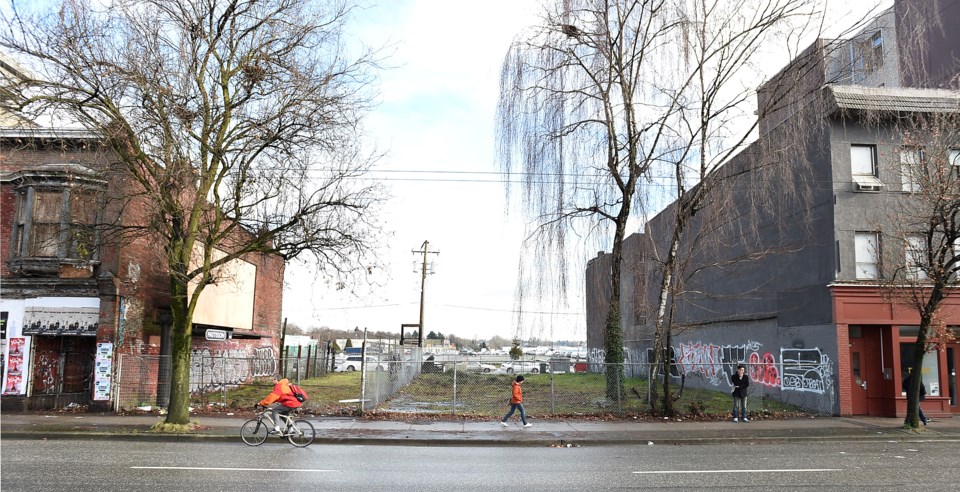It’s got to be a record of some sort – the use of the word “action” in one sitting of city council.
In the two-and-a-half hours that I sat in the gallery last Tuesday, “action” was a word that rolled off the tongue of councillors, the mayor, city staff and Kevin Barlow, the CEO of the Metro Vancouver Aboriginal Executive Council.
The topic was “truth and reconciliation” and what kind of “action” the city could take to improve relations with indigenous people. As was pointed out in the morning session, the City of Vancouver has made some progress.
Some of the evidence:
· On Feb. 26, 2013, council endorsed the United Nations Declaration on the Rights of Indigenous Peoples.
· Council proclaimed June 21, 2013 to June 20, 2014 as the “year of reconciliation” in the city.
· On June 25, 2014, council acknowledged that Vancouver is on the unceded traditional territory of the Musqueam, Squamish and Tsleil-Waututh First Nations.
· In December 2014, local First Nations performed a “brushing off” ceremony of the newly elected city council to symbolize a fresh start for the new term.
Now the city has identified 27 of the 94 recommendations set out in the Truth and Reconciliation Commission of Canada’s final report as “actionable” by the city.
Everything from child welfare, education, language and culture to health, justice, sports and business are among the issues and topics identified in the 27 recommendations.
To begin, senior managers will receive what that the city calls “cultural competency training,” which is effectively educating staff about First Nations’ culture and history. The purpose is to help focus staff’s work on projects and programs – when relevant -- through an indigenous lens. The goal is to train more than 350 staff.
The city will create positions for a manager of aboriginal relations and a planner focused on the aboriginal community. Miscellaneous projects to strengthen relationships with First Nations and improve services are other – you got it -- actions.
But while training and programs are important steps, it’s clear where the real work needs to be done: 31 per cent of Metro Vancouver’s homeless population identified as aboriginal in the last homeless count. It’s a startling statistic made even more startling when learning that aboriginal people only comprise two per cent of the region’s population.
In his presentation to council, Barlow stressed the importance of creating an immediate “action plan” to construct 1,500 new social housing units across Metro Vancouver by 2020.
“Housing and homelessness is a true measure of reconciliation,” he wrote in his report. “A stable home opens a door wide open for huge socio-economic growth when indigenous people can then participate fully in the B.C. and Canadian economy.”
So what is the city doing to address the housing gap?
It’s embarking on at least four projects on Main Street and East Hastings where the goal is to build 600 to 700 social housing units by 2020. B.C. Housing, the Aboriginal Friendship Centre and the Urban Native Youth Association are involved in the projects.
Council gave staff the green light to continue working on getting the projects built. They include a shelter, social housing, health services and a new native youth centre.
That’s some action, you might say.
But whether that action will speak louder than all the reassuring words spoken at city hall about truth and reconciliation depends on one sobering factor: money.
While the city has put up the land for two of the four projects and owns part of the land on a third -- and B.C. Housing has, so far, committed to $4.6 million in construction costs -- there’s no estimate on the overall tab, or if all the needed millions of dollars will ever be in place.
So what’s next?
The mayor will write a letter to Premier Christy Clark and Prime Minister Justin Trudeau to see whether all their promises about bettering relations with First Nations will lead to – you got it – action.
Action, that is, that comes with a whole lot of dollars.
@Howellings



